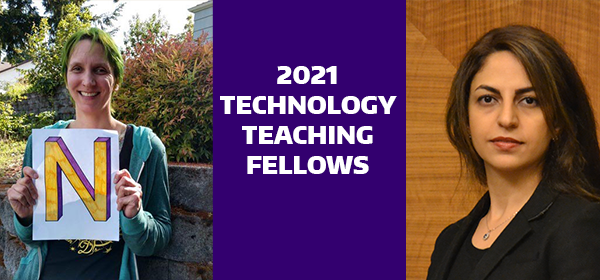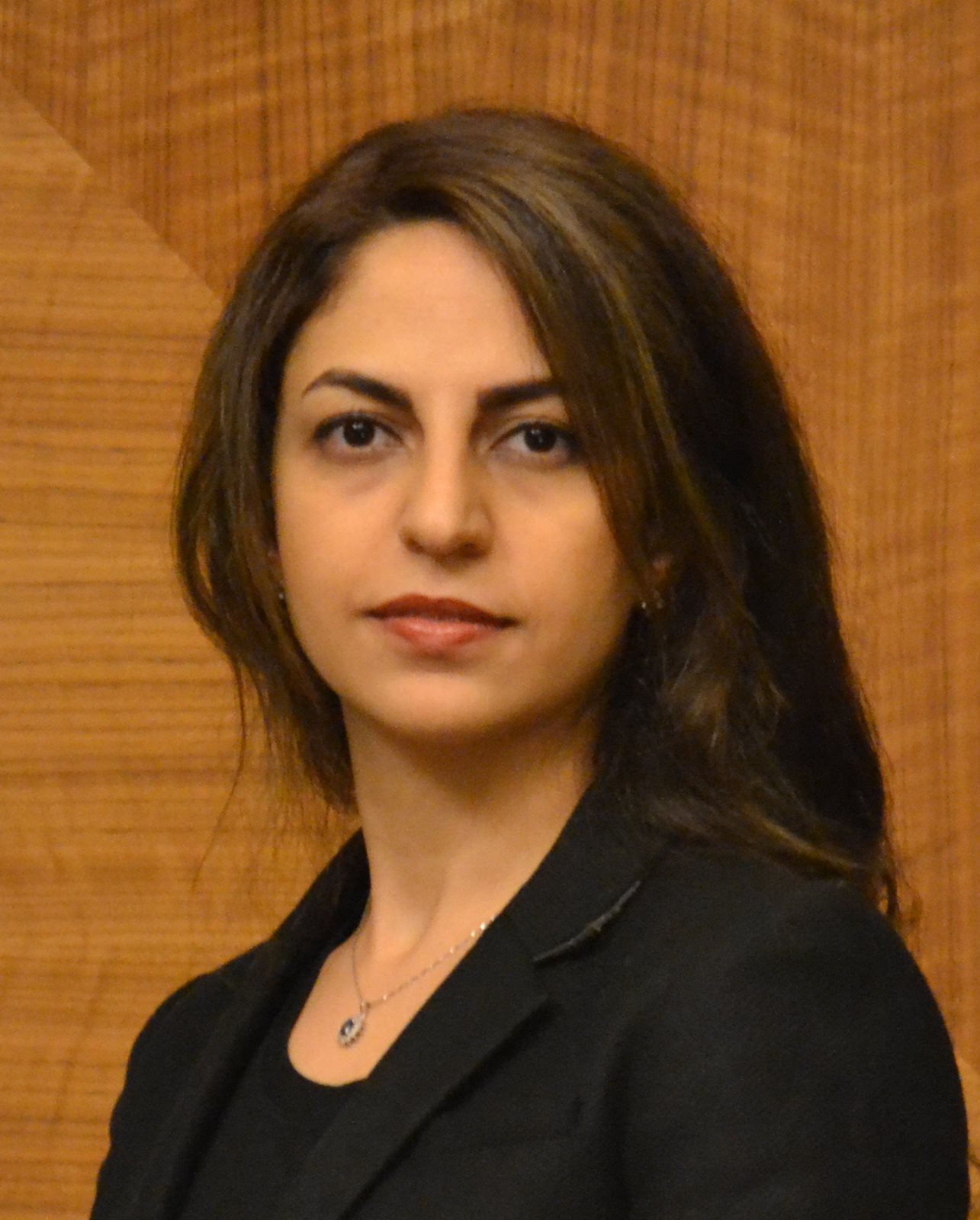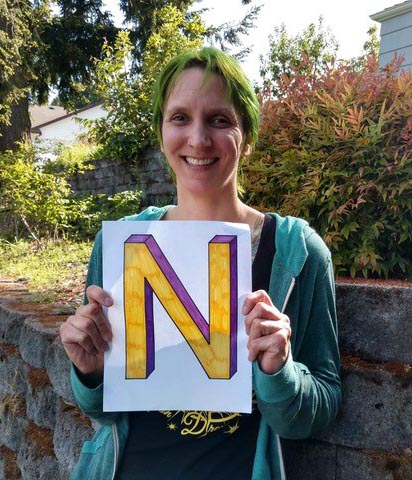Technology Teaching Fellows: Shima Abadi and Nicole Hoover

With the pandemic forcing instruction to move completely online, faculty were quick to create a positive online environment for students. Now over a year into virtual teaching and learning, faculty continue to seek best practices for teaching online and supporting, engaging, and assessing student learning.
Dr. Shima Abadi, associate professor of mechanical engineering, and Nicole Hoover, assistant teaching professor of math were selected for the 2021 Technology Teaching Fellows from the Technology Teaching Fellows Institute (TTFI) through the Center for Teaching and Learning at the University of Washington.
The TTFI offers fellows the opportunity to learn with learning technologists, instructional consultants, librarians, and other faculty members to redesign or create a fully online or hybrid (50%-80% online) course. Over the three-day TTFI in March 2021, Dr. Adadi and Hoover will further their experience using UW-supported technologies that advance student engagement and learning, explore evidence-based best practices for creating equitable online learning environments, and discover faculty efficiencies in assessing student work.
Ocean Science and Engineering students learn at their own speed online
Dr. Abadi has taught a variety of mechanical engineering courses, of which she designed and delivered an elective course traditionally taught in person into an online format for winter 2021, “Introduction to Ocean Sciences and Engineering” (B ME 450). “This course is very popular with our students, likely because it utilizes interesting, real-world data”, says Dr. Linda Simonson, professor and E&M interim chair. Dr. Abadi is participating in the TTFI to completely transform the BME 450 class into a robust online course that builds community and enhances access and learning of UW Bothell students.

“Transforming this course to a fully online class will help students to have full control over what they are learning”, says Dr. Adadi. The main challenge with the face-to-face version of this class is that not all students have the same level of background in programming and data analysis as required in this class. With the online format students will be able to work at their own speed–navigating quickly through areas they understand, and spending more time on areas they do not.
Hybrid pre-calculus increases access
Hoover teaches mathematics at all levels and in recent years she trained and supervised undergraduate peer facilitators to work with students in the pre-calculus classes. These courses serve as the gateway to multiple STEM majors, and by moving pre-calculus II (B MATH 123) to a hybrid model Hoover is working toward increasing accessibility, actively engaging the diverse student body and facilitating their transition to STEM majors. Students will benefit from a hybrid model because they will be able to learn online, but come into class to apply what they’ve learned, work collaboratively with other students and the instructor.

“I’m really looking forward to collaborating with colleagues during the TTFI. Though I have had regular interactions with some colleagues over the past year, I have also felt somewhat isolated much of the time (as I’m sure everyone has). I’m also excited to thoughtfully make changes and improvements to the way we’ve been doing things”, Hoover said.
“I am excited about the online teaching innovations that will result from our faculty participating in the Technology Teaching Fellows Institute and likely transfer to other courses at UW Bothell”, says Dr. Simonsen.